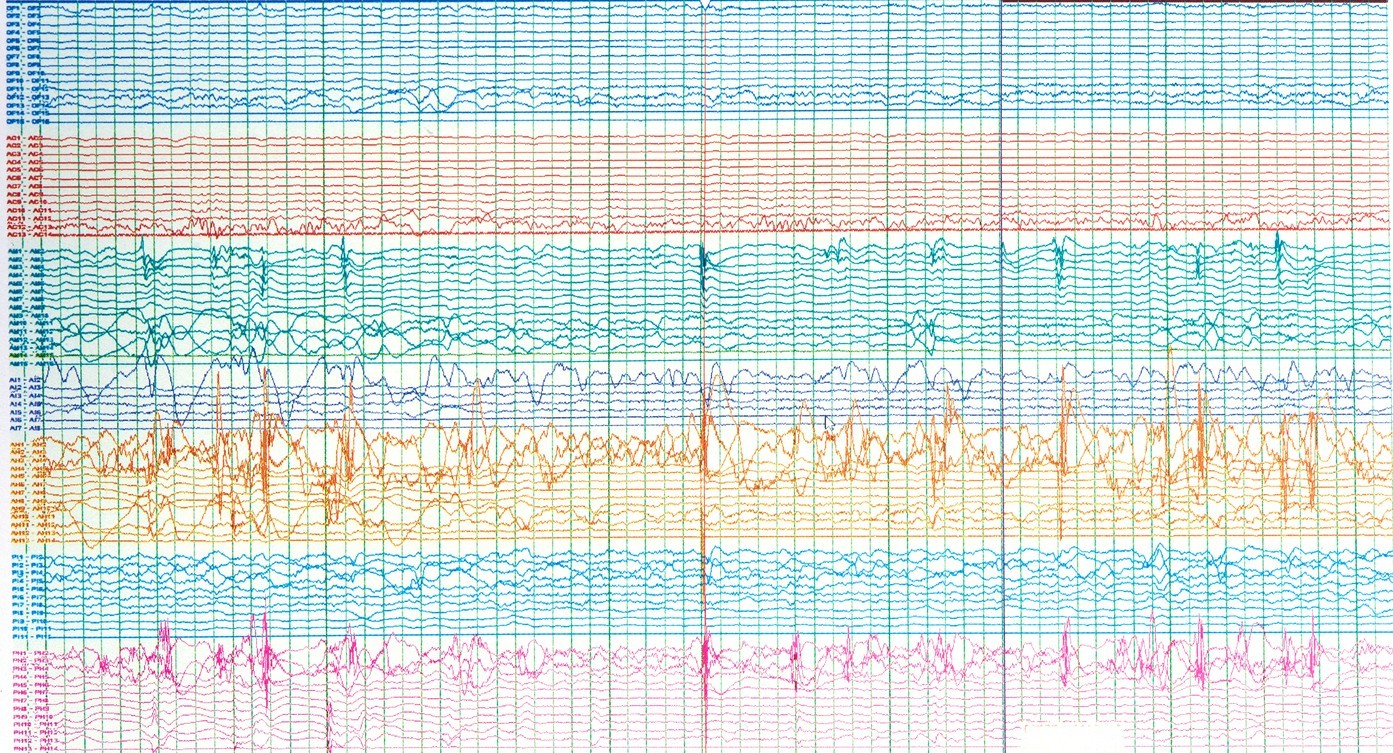Findings from research suggest that substance P, beta-endorphin, and cortisol levels in the hypothalamus and blood plasma may show alterations under DSIP influence. It is proposed to induce changes in other peptides that mediate the acute and long-term stress coping effect. Furthermore, DSIP is believed to regulate opioid-peptidergic systems.
Delta Sleep-Inducing Peptide and Sleep, Circadian Rhythm
The peptide is said to exist in both free and bound forms in the hypothalamus, limbic system, and pituitary gland. It is believed to trigger hypothalamic neural circuitry, increasing LH during sleep, and may help in cases of chronic insomnia, according to speculative research.
A study of research models of chronic insomnia was completed to determine the intermediate effect of the peptide on sleep and daytime performance. Delta Sleep-Inducing Peptide was delivered under placebo-controlled, double-blind conditions for seven successive nights.
Polysomnograms were captured for placebo baseline, beginning and end of Delta sleep-inducing peptide exposure, and one placebo post-exposure at night. The daytime psychological state and mental performance were extensively analyzed before and after 6 Delta sleep-inducing peptide influence. Each model researched IV Delta sleep-inducing peptide, and the findings reported a greater regulation in sleep cycles.
The speculated findings also propose that DSIP may mitigate instances of narcolepsy by reducing the number of sleep attacks during the day and enhancing REM sleep. DSIP was delivered to research models of narcolepsy, with results observed to encompass decreased sleep attack frequency and improved activity, alertness, and performance during the daytime. The peptide was suggested to reduce the sleep period with the enhancement of REM sleep, accentuating circadian and ultradian rhythms.
Delta Sleep-Inducing Peptide and Opioid Withdrawal
It is speculated that DSIP might help deal with opioid withdrawal due to its suggested agonistic activity at opioid receptors. Animal study findings have suggested that DSIP, when delivered directly into the bulbo-mesencephalon-thalamic recruiting system, may trigger slow-wave sleep, and this effect may be reversed by naloxone.
Pain Perception and Depressive Behavior
DSIP is also being evaluated for potential in chronic pain and/or depression research. DSIP has been suggested to exert significant reductions in pain levels and depressive states when introduced. Due to its suggested modulating effect on endogenous opioid-peptidergic systems and its impact on circadian rhythms and cortisol levels, a study was conducted on research models of migraine episodes, vasomotor headaches, chronic tinnitus, psychogenic panic attacks, and depressive states. Delta Sleep-Inducing Peptide was suggested to remarkably lower pain levels in the majority of research models and indicated a significant decrease in depressive states following exposure.
Disclaimer: The products mentioned are not intended for human or animal consumption. Research chemicals are intended solely for laboratory experimentation and/or in-vitro testing. Bodily introduction of any sort is strictly prohibited by law. All purchases are limited to licensed researchers and/or qualified professionals. All information shared in this article is for educational purposes only.






